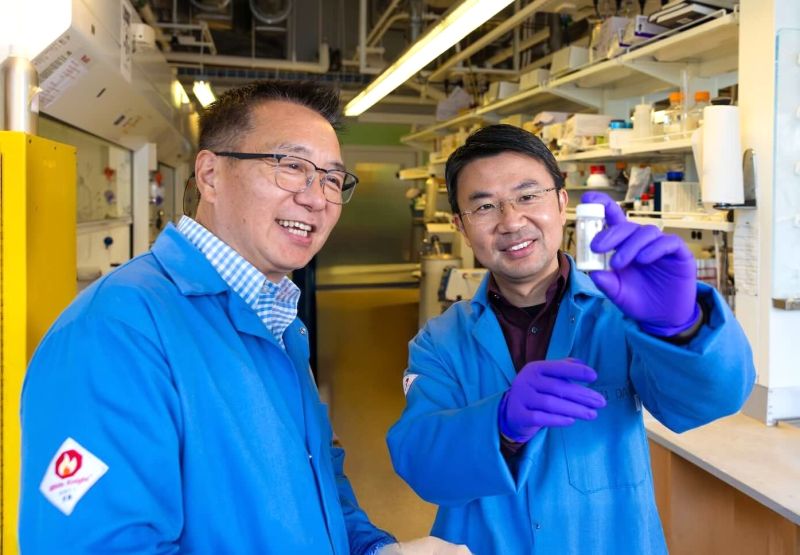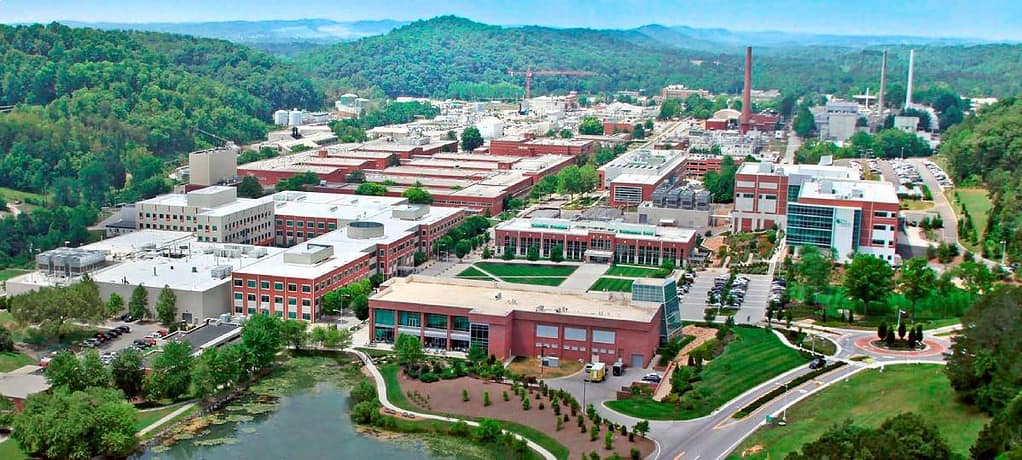Those thrusts include quantum materials discovery and development, quantum algorithms and simulation, and quantum devices and sensors for discovery science.
Two poster sessions were held during the summer school where graduate students presented their current research. The submissions were evaluated by Humble and several Purdue University faculty members. The top three posters, authored by Hebah Goderya from Purdue University, Zikang Jia from Michigan University and Artem Kryvobok from Purdue University, were recognized at the event’s closing dinner.
In addition to the in-person sessions, many of the summer school’s events were available virtually on Purdue’s Quantum Coffeehouse Live Stream on YouTube.
“The quantum workforce is shorthanded at the moment with the industry growing rapidly,” said Stewart. “We stream the sessions to increase the impact of the school. We have limited space, so the YouTube channel helps reach quantum learners across the country and the world.”
Events like these demonstrate the vital role national laboratories and their partnerships play in advancing U.S. innovation and workforce development. Now in year five, the QSC looks forward to seeing long-term impact from the summer school.
“Seeing the results of workforce development effort of any kind takes time,” said Humble. “But seeing the summer school gain traction and grow in attendance is proof to me that we’re on the right track.”
The QSC, a DOE National Quantum Information Science Research Center led by ORNL, performs cutting-edge research at national laboratories, universities, and industry partners to overcome key roadblocks in quantum state resilience, controllability, and ultimately the scalability of quantum technologies. QSC researchers are designing materials that enable topological quantum computing; implementing new quantum sensors to characterize topological states and detect dark matter; and designing quantum algorithms and simulations to provide a greater understanding of quantum materials, chemistry, and quantum field theories. These innovations enable the QSC to accelerate information processing, explore the previously unmeasurable, and better predict quantum performance across technologies. For more information, visit qscience.org.
UT-Battelle manages Oak Ridge National Laboratory for DOE’s Office of Science, the single largest supporter of basic research in the physical sciences in the United States. DOE’s Office of Science is working to address some of the most pressing challenges of our time. For more information, visit https://energy.gov/science. — Jenny Oberhaus
This Oak Ridge National Laboratory news article "Quantum Science Center summer school draws record attendance" was originally found on https://www.ornl.gov/news


